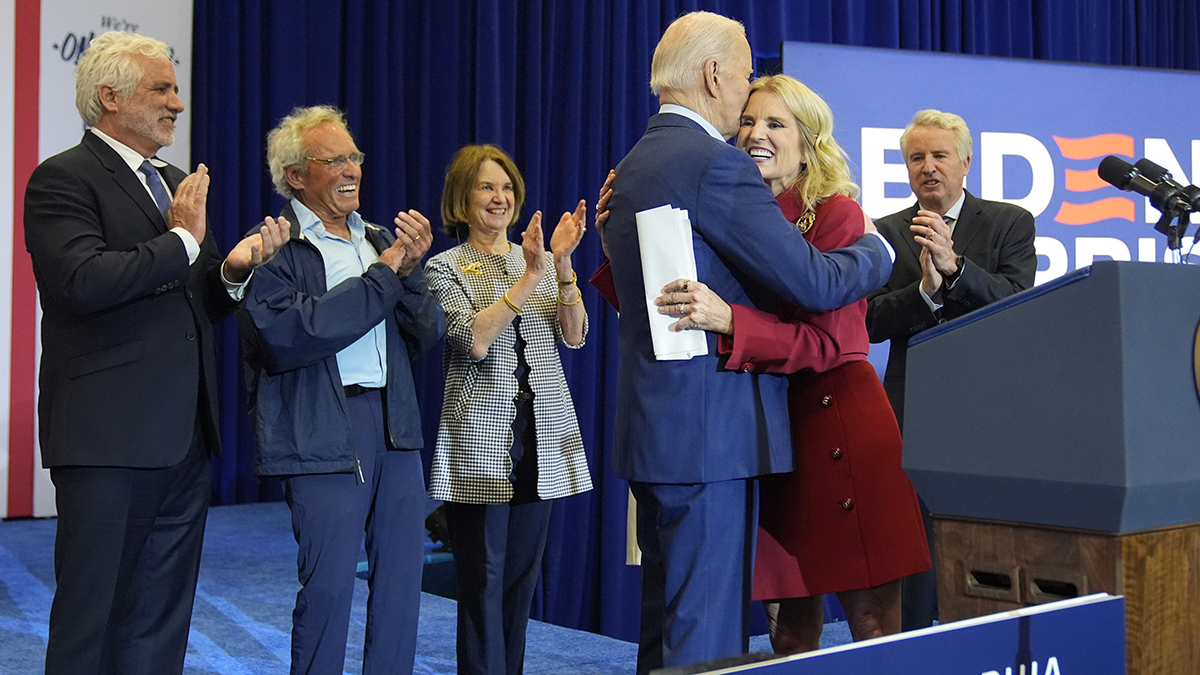This week, millions of people changed their Facebook profile photos and Twitter avatars to a pink equal sign in a red box, signaling their support for same-sex marriage. Let’s hope they keep that symbol up there even after the Supreme Court decides on the constitutionality of the Defense of Marriage Act and California’s Proposition 8, the referendum that banned gay marriage. But let’s hope it comes to stand for a form of equality that will do even more to promote healthy marriages than a ruling in favor of gay rights: economic equality.
The income gap between the upper and lower classes, which has been increasing in the United States since the 1970s, has prevented or broken up far more marriages than all the anti-gay marriage referendums combined. Support for gay marriage is a trendy and easily grasped civil rights issue. Economic inequality can’t be solved by a single Supreme Court decision, but it is the greatest threat to marriage in this country.
In 2011, Ruth Marcus of the Washington Post observed that marriage is becoming an elite institution:
In 1960, the most- and least-educated adults were equally likely to be married. Now, nearly two-thirds of college graduates are married, compared with less than half of those with a high school diploma or less. Those with less education are less likely to ever marry and more likely to divorce if they do.
Politics
As marriage increasingly becomes a phenomenon of the better-off and better-educated, the incomes of two-earner married couples diverge more and more from those of struggling single adults. There is a chicken-and-egg conundrum at work here: Did lack of financial stability contribute to the decision not to marry, or did the decision not to marry contribute to financial instability? Either way, the phenomenon is self-reinforcing.
In 1960, thanks to a stronger manufacturing base and more powerful labor unions, it was easy for Americans with only a high school education to earn the kind of middle-class income necessary to support a stable family. Today, that’s much more difficult.
Ironically, once gays and lesbians do win marriage equality, they’re less likely to be discouraged from marrying by financial inequality. A survey by the investment house Prudential found that gays and lesbians earn an average of $61,500 a year, compared to $50,054 for the general population. They also carry $4,000 less in household debt, have $6,000 in household savings, and are more likely to hold jobs.
This is yet another reason to pass same-sex marriage laws as quickly as possible: so we can move the political debate on to an issue that is doing far more to tear at the fabric of society than two men or two women getting married: millions of men and women not getting married.



